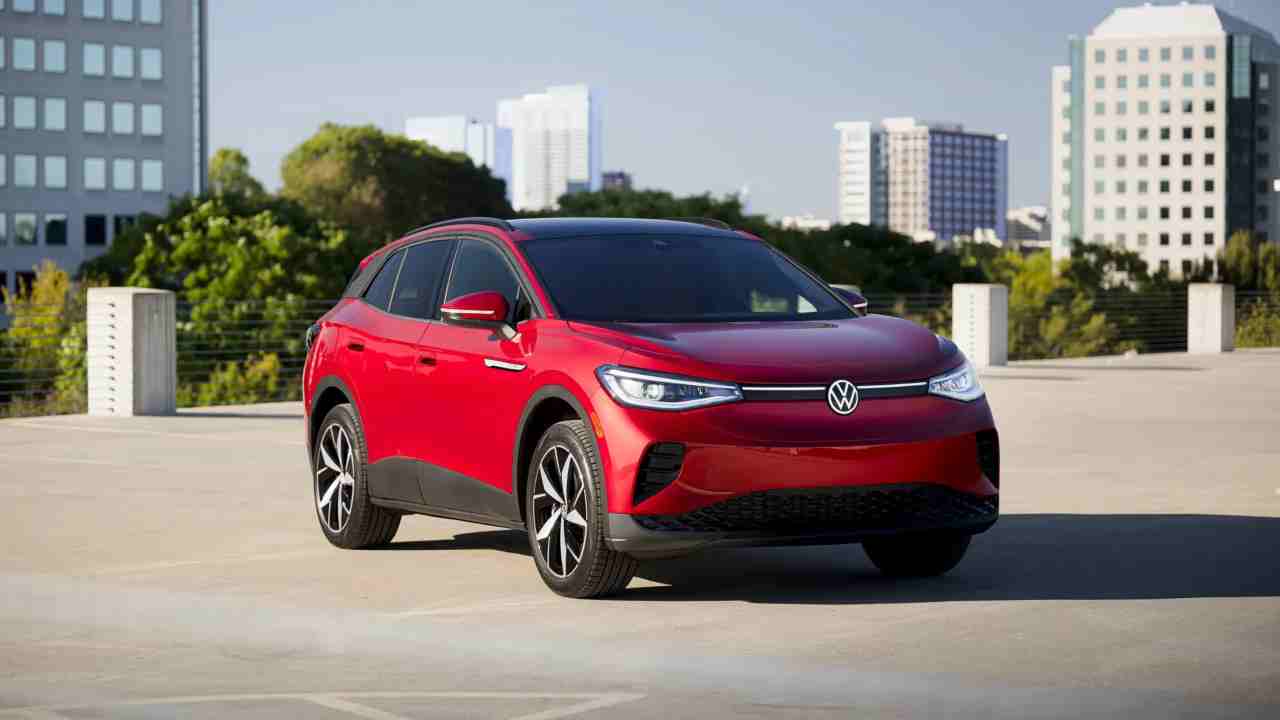Federal EV tax credit to become point-of-sale dealership rebate in 2024

Starting on January 1, 2024, the federal electric vehicle (EV) tax credit will transition to a point-of-sale dealership rebate, enabling customers to access the credit instantly, as confirmed by the U.S. Treasury Department in a recent press release.
Presently, under existing regulations, buyers cannot claim the EV tax credit of up to $7,500 for new vehicles ($4,000 for used vehicles) until they file their taxes. With the implementation of the Inflation Reduction Act (IRA), this process will change, allowing EV buyers to apply for the credit directly at the dealership.
Laurel Blatchford, Chief Implementation Officer for the IRA, stated, “For the first time, the Inflation Reduction Act allows consumers to reduce the up-front cost of a clean vehicle. The IRS has focused on streamlining this process for car dealers as part of its commitment to improving service and helping taxpayers claim the credits they are eligible for.”
Dealerships will need to register with the IRS to become eligible to offer the credit at the point of sale. Buyers must also confirm that they do not exceed the income limits set by the IRA. Those who exceed the income limits will be required to repay the credit when they file their taxes. The income limits are $300,000 for married couples filing jointly, $225,000 for heads of households, and $150,000 for other filers.
The IRA tax credit rules also impose price limits of $55,000 for new cars and $80,000 for new trucks, SUVs, and vans to qualify for the full $7,500 tax credit. These income and price caps will remain in effect, while requirements related to battery material sourcing will become more stringent.
Qualifying car shoppers can receive the credit amount in cash or apply it to the cost of a new vehicle or down payment, making it functionally a point-of-sale rebate rather than a traditional tax credit.
The transition to a point-of-sale rebate is seen as simplifying the process and potentially having a more significant impact on EV adoption. A 2022 study found that consumers prefer point-of-sale rebates, even at lower amounts, over greater tax credits that require waiting. The simplicity and immediacy of a point-of-sale rebate are significant factors in its favor.
Some car dealers had previously expressed concerns about the federal government’s reimbursement process, citing past experiences with slow reimbursements, such as the “Cash for Clunkers” program in 2009. However, the Treasury Department has specified that reimbursements for dealers will occur within 72 hours of a sale, alleviating these concerns.
The shift to a point-of-sale EV rebate has been under discussion for some time, with previous attempts made during the Obama administration in 2011.





